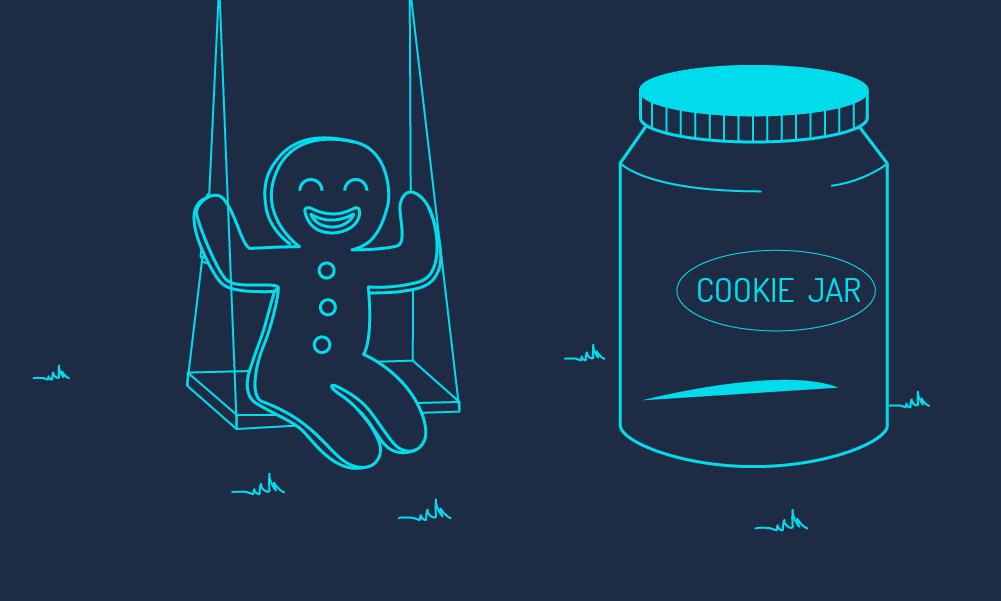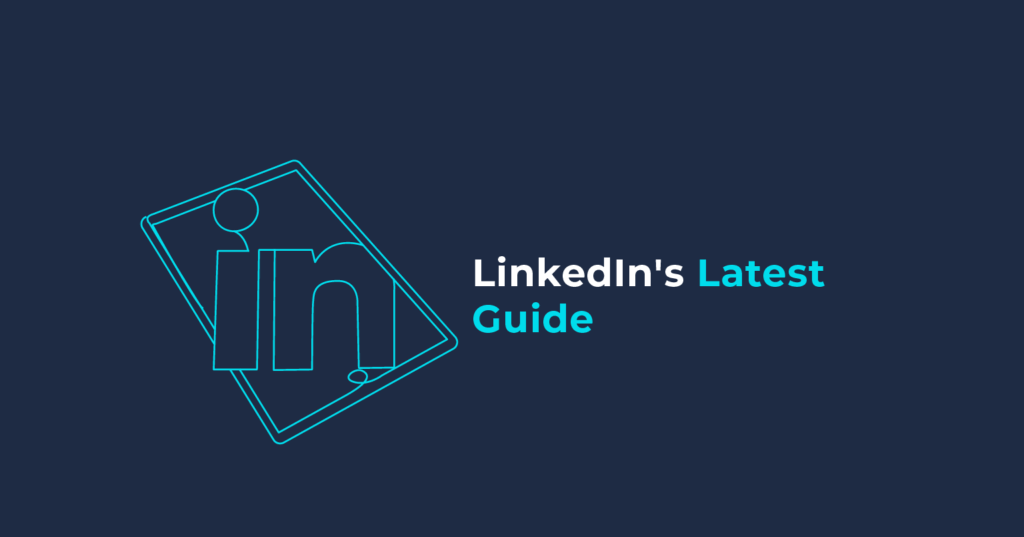Everything B2B Marketers Should Know about LinkedIn Content Creators
How you can transform your C-suite and employees into LinkedIn Content Creators—and why it’s a good idea.
Reading: 0118 322 4395 | Manchester: 0161 706 2414 | Oxford: 01865 479 625 | info@sharpahead.com | Office hours: Monday-Friday 9:00am - 5:30pm
| Office hours: Monday-Friday 8:30am - 5:30pm
| Email | Office hours: Mon-Fri 9:00am - 5:30pm
A reprieve (of sorts) for third-party cookies
Subheading
Google’s position on third-party cookies in Chrome has shifted again, and this change is a big one. It now seems that Chrome support for third-party cookies will remain into the indefinite future, albeit subject to enhanced user controls. Rather than going extinct completely, third-party cookies will survive in captivity.

The news broke in this announcement from Google’s Privacy Sandbox initiative on 22nd July.
Prior to this announcement, Google was suggesting that support for third-party cookies would be completely removed from Chrome at some future point. But there was no precise deadline. (A previous deadline of the end of 2024 had already been relaxed.) I wrote about this back in April.
But the new announcement changes this. Support for third-party cookies will remain into the indefinite future. They will, however, be subject to what Google calls “elevated user choice”. There are no details on that at present, but I’m interpreting it to mean it will be easier for a user to opt out of third-party cookies.
While this announcement only relates directly to Chrome, it seems likely that Microsoft Edge (which shares Chrome’s underlying Chromium technology) will follow suit.
This announcement is particularly good news for a number of ad networks that rely heavily on third-party cookies to deliver on their value proposition. (And indeed competition concerns about the adverse impact of the proposal cookie phase-out on these ad networks is arguably one of the reasons why Google has changed tack.)
If you’re making heavy use of marketing techniques that rely on third-party cookies – for instance, most types of remarketing – then this gives you some breathing space. Those techniques will continue to work into the indefinite future. That’s good news for B2B digital marketers because those techniques are a powerful and cost-effective part of most B2B digital marketing strategies, and because the alternatives that were emerging within the Privacy Sandbox seemed unlikely to perform very well for B2B marketing use cases.
However the direction of travel here is still clear – third-party cookies are under threat and are likely to be increasingly marginalised, whether by technological fiat or by user choice. I still recommend that B2B marketers treat third-party cookies as an endangered species, and look to shift their marketing mix towards techniques that don’t need third-party cookies. The advice in my previous blog still stands, we can just afford to move a little more slowly.
And don’t forget to subscribe to our newsletter for a B2B perspective on future developments in digital marketing technology and other aspects of B2B digital marketing!
How you can transform your C-suite and employees into LinkedIn Content Creators—and why it’s a good idea.
Learn how to build authority and craft AI-ready answers with GEO (Generative Engine Optimization) — a must-know for B2B marketers.
AI is changing the world fast and SEO is no exception. Here’s how to start preparing for AIOs and agentic search now.



B2B Digital Rocket Fuel straight to your inbox
Add your email address below to receive our biweekly newsletter and stay up to date with the latest B2B digital marketing news and insights.
You'll also get instant access to our growing catalogue of marketing resources.
“An invaluable resource for getting the latest and greatest ideas and tips on B2B digital marketing. My students also benefit from the industry insights.”
Louize Clarke, Founder, The Curious Academy
Reading Office
The Curious Lounge,
Pinnacle Building,
20 Tudor Road,
Reading,
RG1 1NH
0118 322 4395
reading@sharpahead.com
Manchester Office
CORE,
Brown Street,
Manchester,
M2 1DH
Oxford Office
Oxford Centre for Innovation,
New Road,
Oxford,
OX1 1BY
01865 479 625
oxford@sharpahead.com
© Sharp Ahead | VAT: 184 8058 77 | Sharp Ahead is a company registered in England and Wales with company number 08971343